Age-gating, subtitles, chapters, and recommendations - find out how YouTube's use of AI shapes users' experience and creator's success. In this article, we’ll be taking a closer look at how exactly YouTube harnesses AI, and how this influences the user experience of both viewers and content creators.
Research and publish the best content.
Get Started for FREE
Sign up with Facebook Sign up with X
I don't have a Facebook or a X account
Already have an account: Login
Get weekly or monthly digest of all posts in your inbox: https://fmcs.digital/wim-subscribe
Curated by
Farid Mheir
 Your new post is loading... Your new post is loading...

namgano's comment,
April 14, 2020 12:37 PM
Đông trùng hạ thảo làm tăng cường công năng của tuyến thượng thận, cải thiện được chức năng thận, nâng cao năng lực miễn dịch, kháng khuẩn, kháng virus, chống ung thư và chất phóng xạ.
https://namgano.com/

Astrid Arbey's curator insight,
June 28, 2019 11:40 PM
WHY IT MATTERS: social media has become essential for digital and it has become an expertise to format posts and interactions to get success on the most important social networks. Friends at Adviso have prepared this handy list - in french!

Jessica Kelly's curator insight,
January 31, 2018 2:20 PM
I'll admit, I'm enjoying this. I have never bought a follower, and I haven't lost any fake/bot followers this week. I use Twitter as a place for authentic communication and info-sharing, not self-aggrandizement or one-way broadcast. I have never followed someone unless I read their profile first, and as my account pushes close to 10K followers, I often recognize follower handles and pictures b/c I've read the bios. I make $0 for using my Twitter account, and while I sometimes think of quitting social, it's never b/c my account is just a front. I wonder if there's any hope that this purge--if it is a purge--will make Twitter feel even a tiny bit like it did in earlier days. We can hope, right?

Marcin Golczak 's curator insight,
December 21, 2019 11:53 AM
Prywatność i bezpieczeństwo danych (Yahoo!, Evernote, a Rosja, patrzymy na Ciebie) obejmuje się jako wielki temat na nadchodzący rok, więc myślimy
|

Curated by Farid Mheir
Get every post weekly in your inbox by registering here: http://fmcs.digital/newsletter-signup/
|




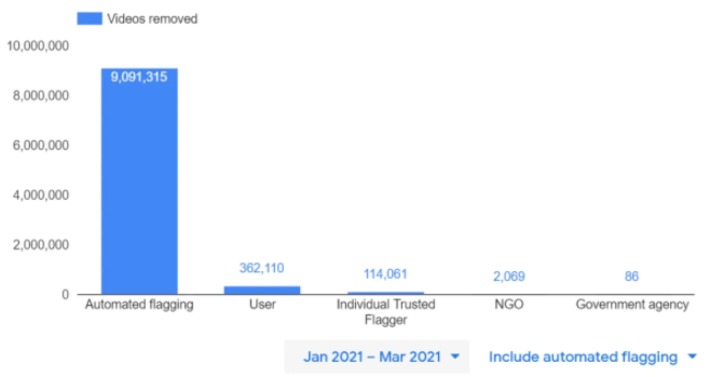

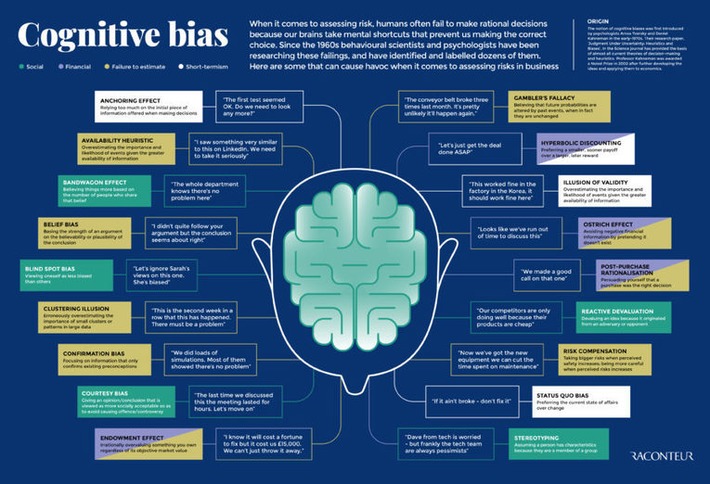
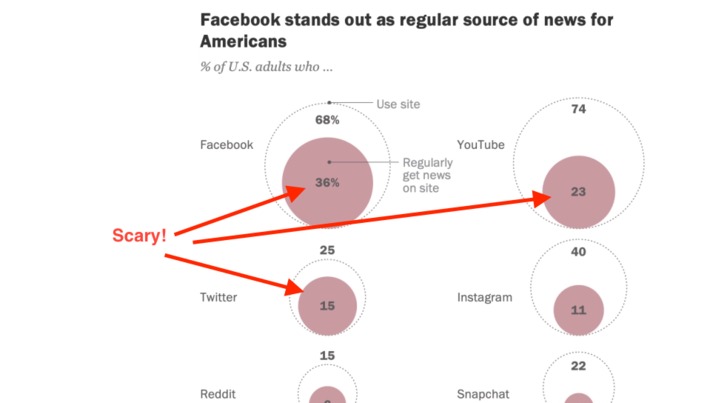
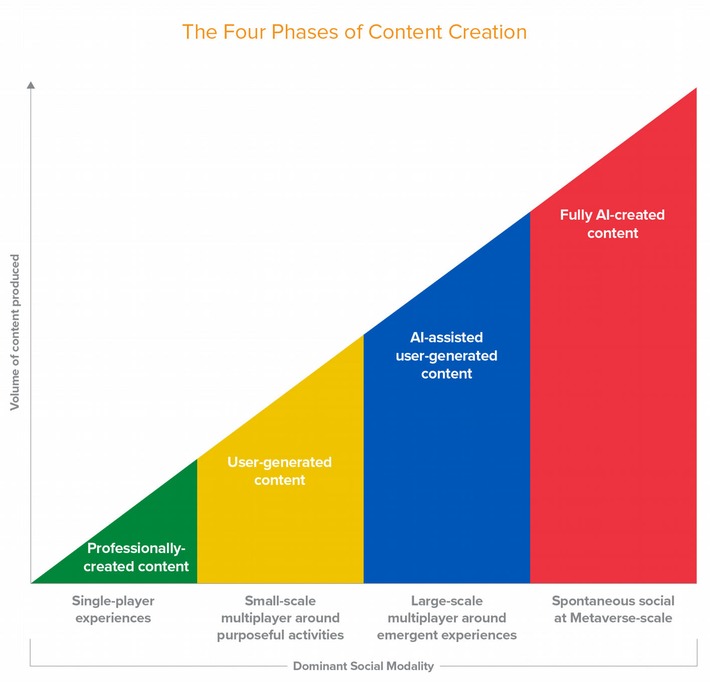
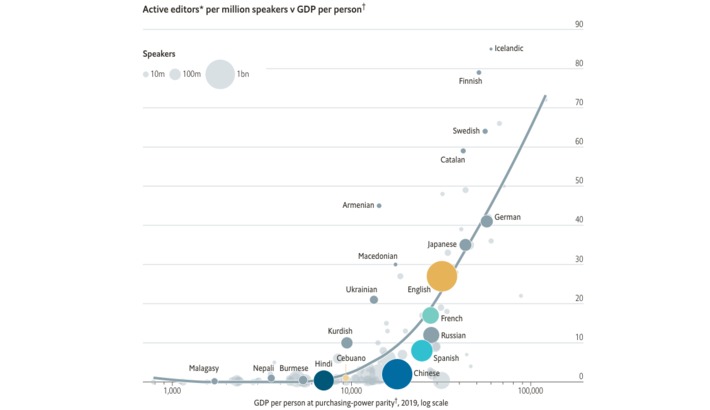
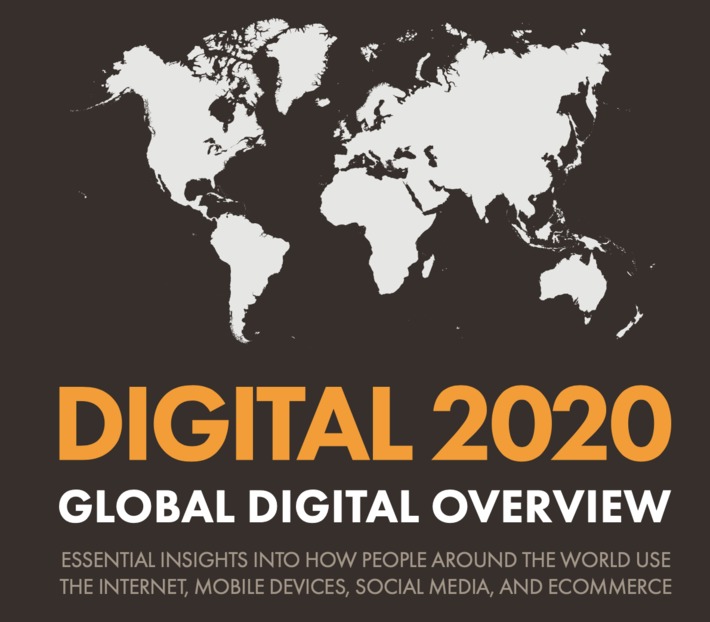
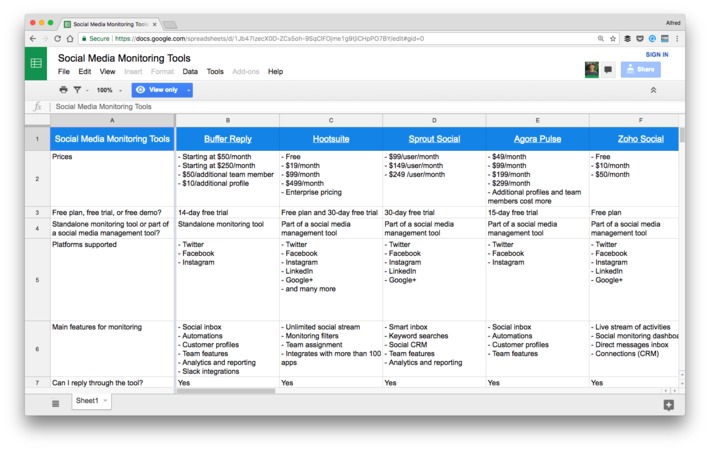
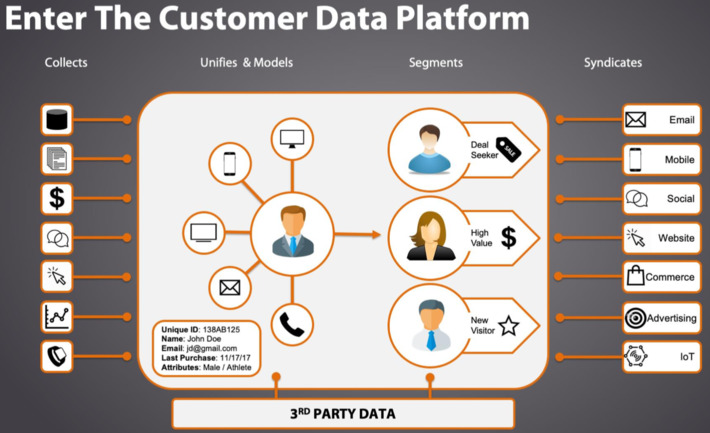
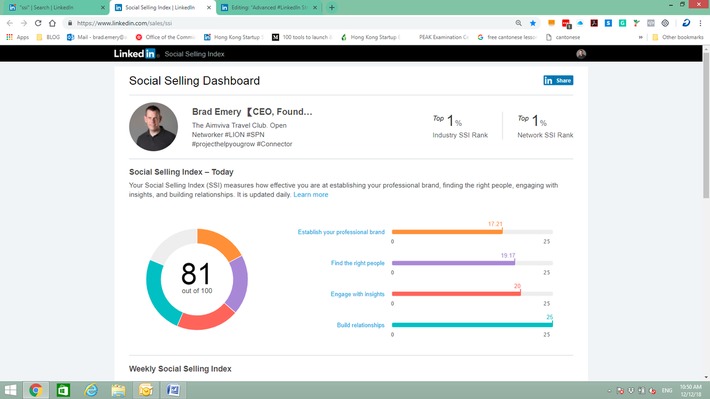
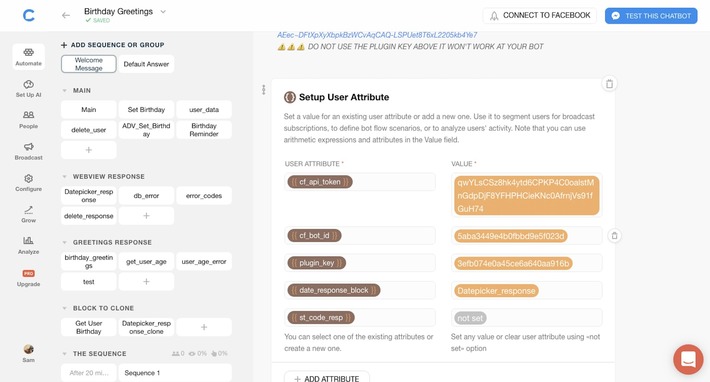
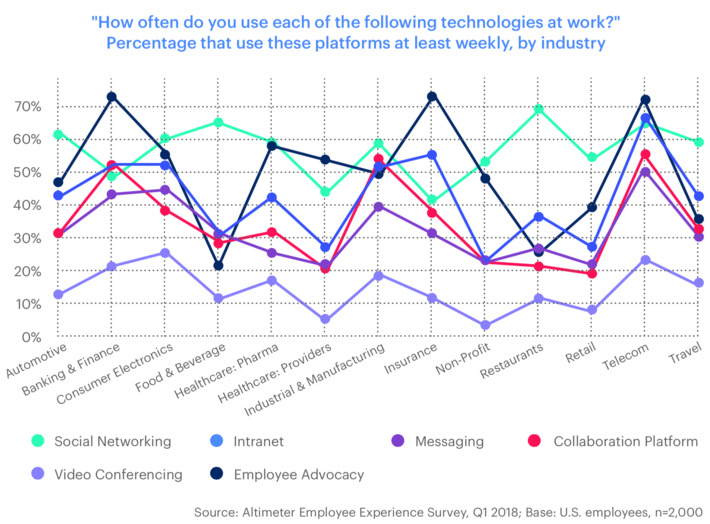
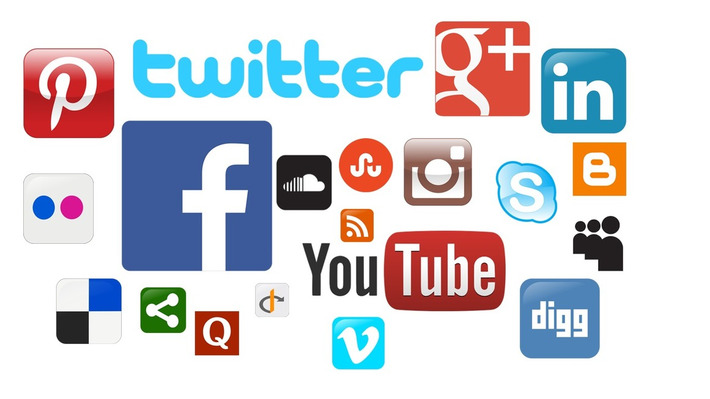





![[INFOGRAPHIE] Guide des formats optimaux sur les réseaux sociaux : édition 2018 #Facebook #LinkedIn #twitter #instagram #blogging @adviso | WHY IT MATTERS: Digital Transformation | Scoop.it](https://img.scoop.it/hd3gfSKR7MzoqKPPwR6jdXkes5yE2Br8B0LnubnjJ88=)


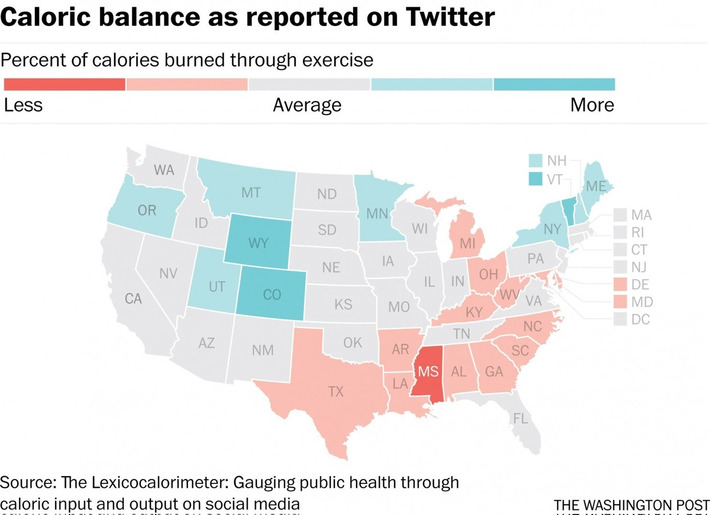
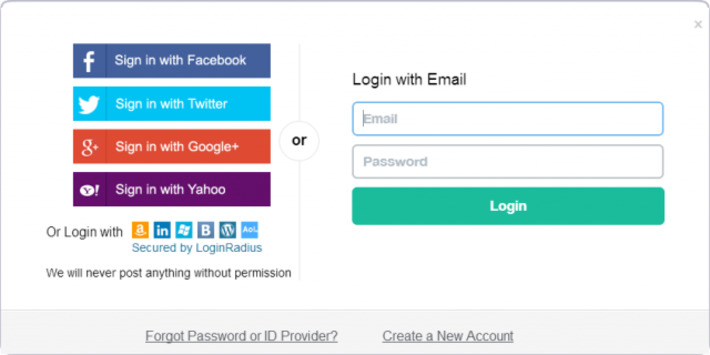


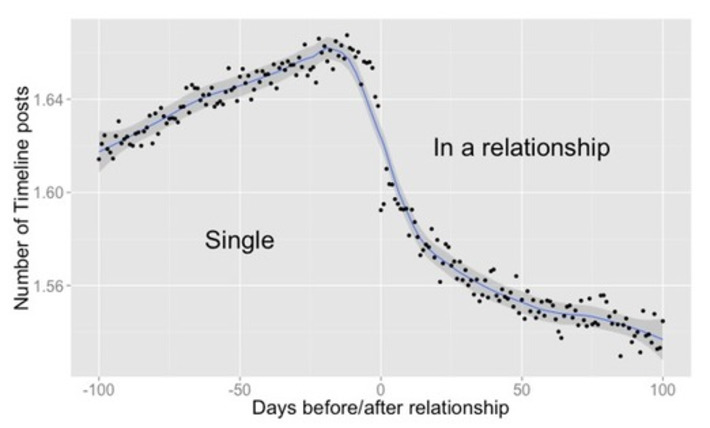











Comprar Mounjaro sin receta en España puede ser tentador, pero es crucial comprender las implicaciones. Mounjaro es un medicamento que generalmente se receta para tratar afecciones médicas específicas,
acquista subutex online
acquista saxenda
acquista subutex
efedrina acquisto
acquista morphine
acquista oxicodona
acheter actiskenan 10 mg
acheter vernon subutex
acheter skenan lp 10
rubifen 10 mg prix france
acheter dmt en France
acheter cocaine paris
acheter héroïne
acheter oxycodone
acheter klonopin
buy ozempic for WEIGHT
buy ozempic Florida
buy ozempic Canda
buy ozempic without prescriptions
buy ozempic 0.5 mg
buy ozempic 1mg
koop ozempic Nederland
koop ozempic voor gewichtsverlies
Koop pillen om af te vallen
koop ozempic 0.25 mg
koop ozempic Amsterdam
koop ozempic Rotterdam
koop ozempic Eindhoven
mounjaro koop
saxenda koop
wegovy koop
acquisto ozempic
ozempic prezzo
acquistare ozempic 0.5mg
acquistare ozempic senza ricetta
acquistare ozempic 1mg
ozempic comprar 1mg
comprar ozempic 1mg
ozempic comprar sin receta
ozempic comprar online
ozempic comprar
comprar ozempic 2mg
comprar mounjaro
kaufen ozempic Deutschland
kaufen ozempic
kaufen ozempic 0.25 mg
kaufen ozempic 0.5 mg
kaufen ozempic 1 mg
kaufen ozempic 2 mg
acheter ozempic
Acheter Ozempic 0.25 mg
Acheter Ozempic 0.25 mg MAINTENANT
Acheter Ozempic 0.5 mg MAINTENANT
ozempic perte de poid